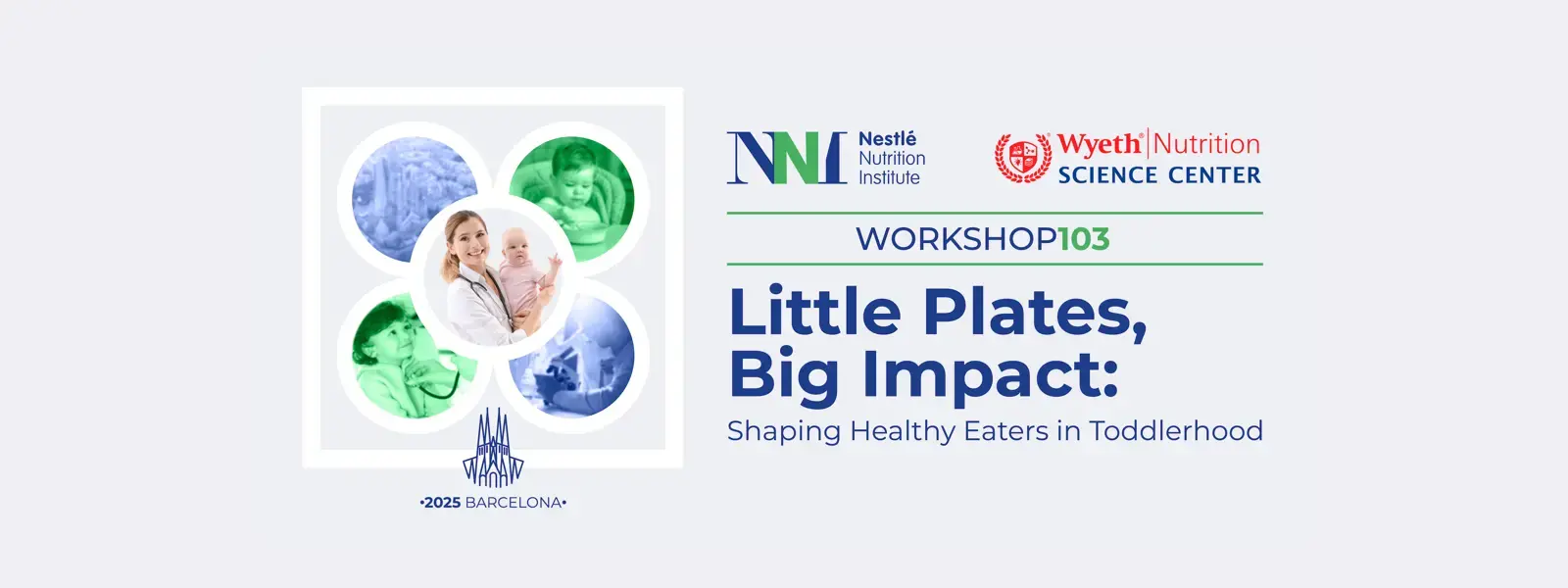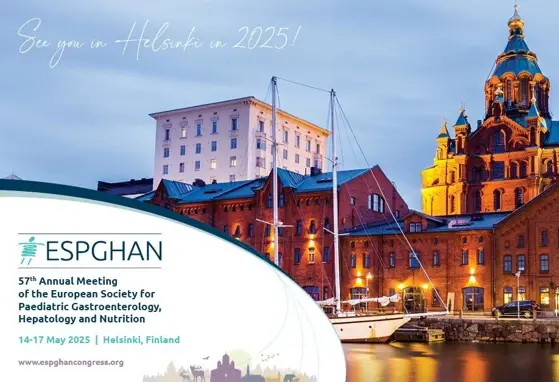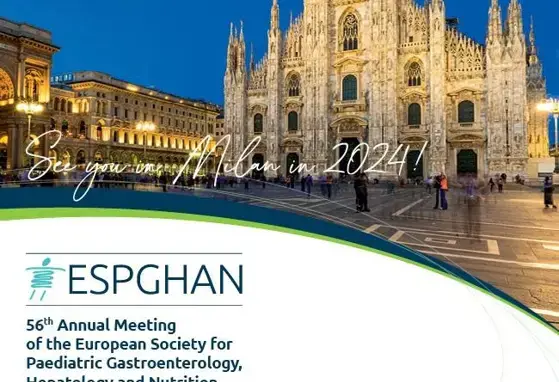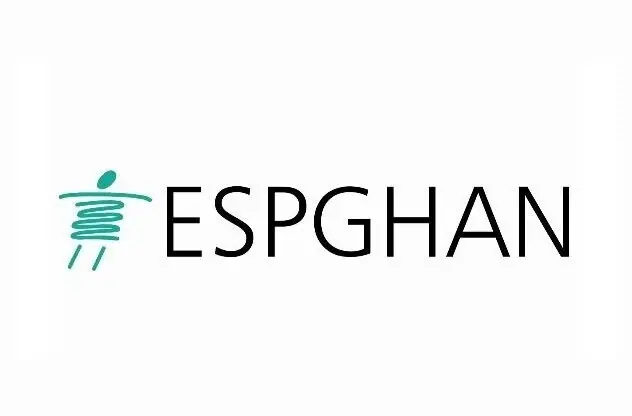
European Society for Pediatric Gastroenterology Hepatology and Nutrition (ESPGHAN)
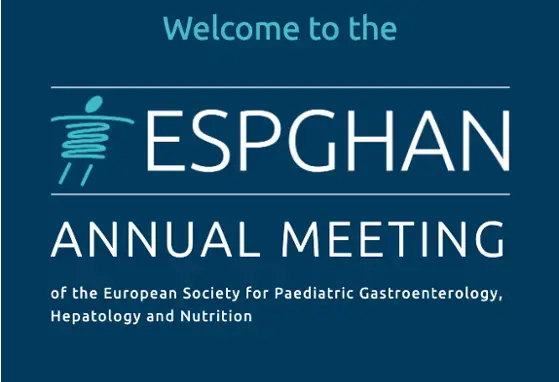
54th European Society for Pediatric Gastroenterology Hepatology and Nutrition (ESPGHAN) 2022
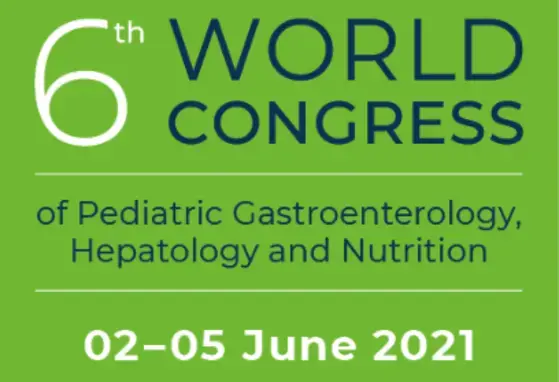
6th World Congress of Pediatric Gastroenterology, Hepatology and Nutrition (WCPGHAN) 2021

6th World Congress of Pediatric Gastroenterology, Hepatology and Nutrition (WCPGHAN) 2020
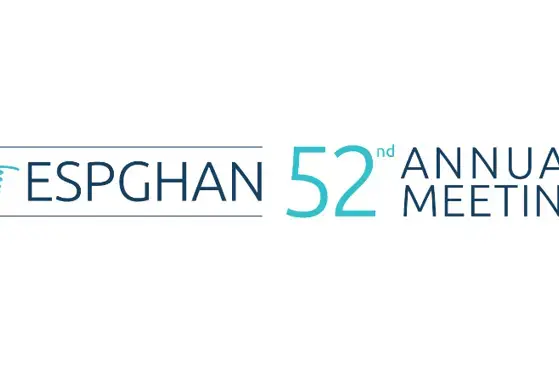
European Society for Paediatric Gastroenterology Hepatology and Nutrition (ESPGHAN) 2019
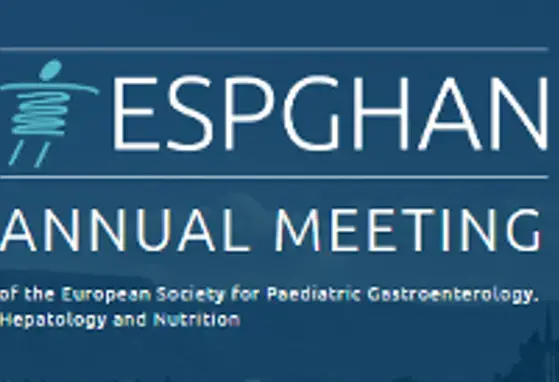
European Society for Paediatric Gastroenterology, Hepatology and Nutrition (ESPGHAN) 2018
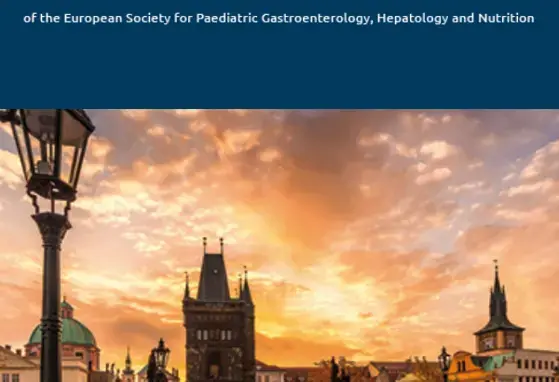
European Society for Paediatric Gastroenterology, Hepatology and Nutrition (ESPGHAN) 2017
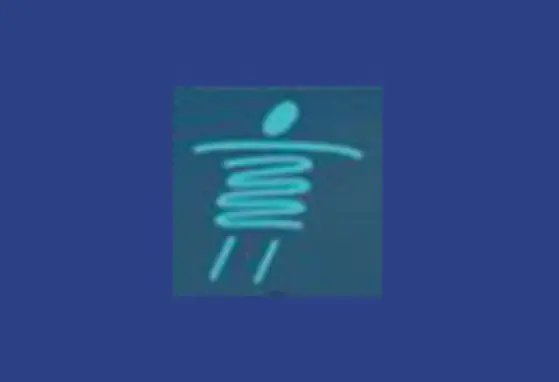
European Society for Paediatric Gastroenterology, Hepatology and Nutrition (ESPGHAN) 2016
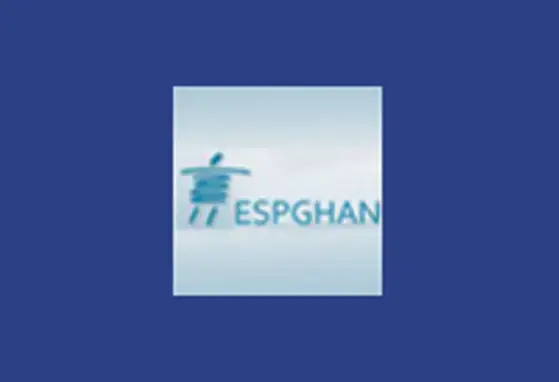
European Society for Paediatric Gastroenterology, Hepatology and Nutrition (ESPGHAN) 2015
